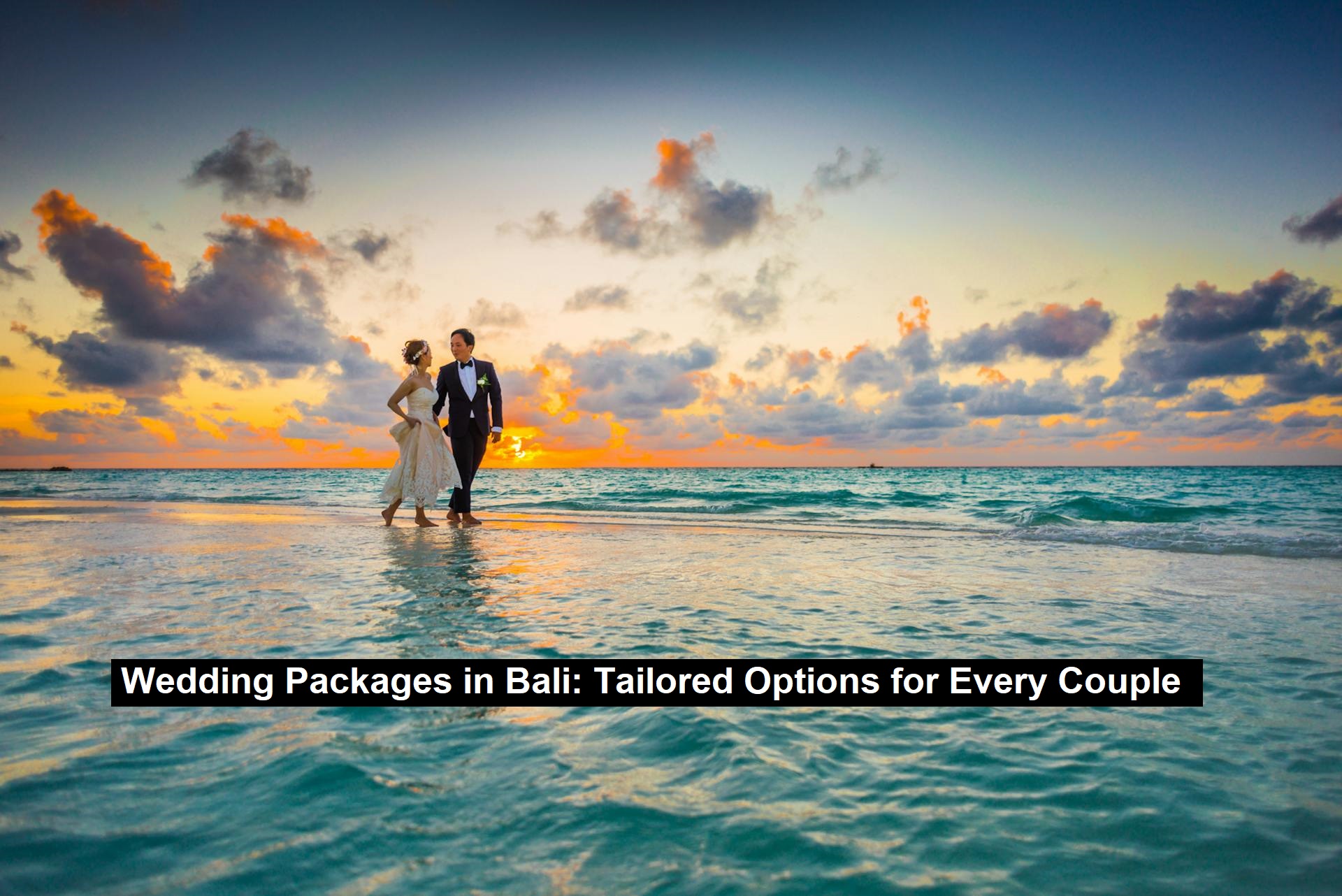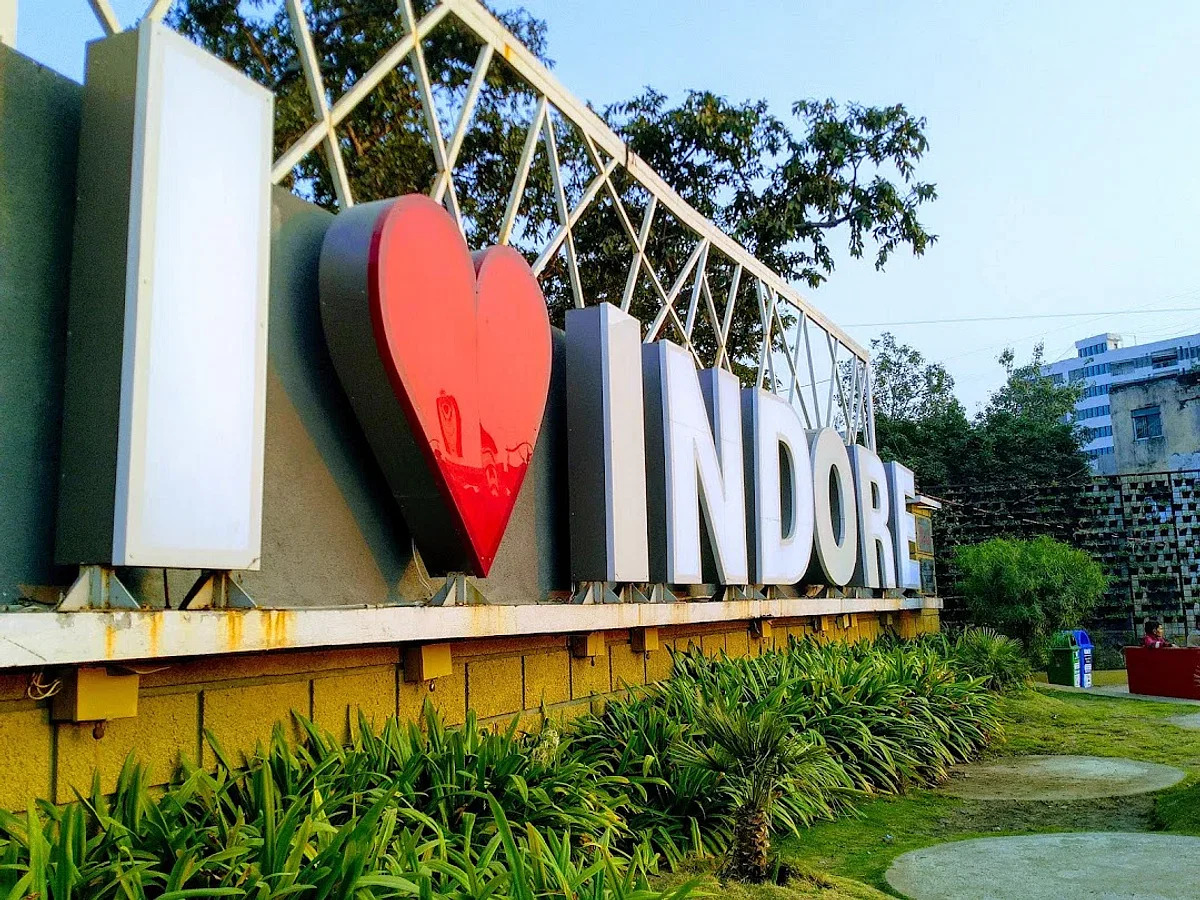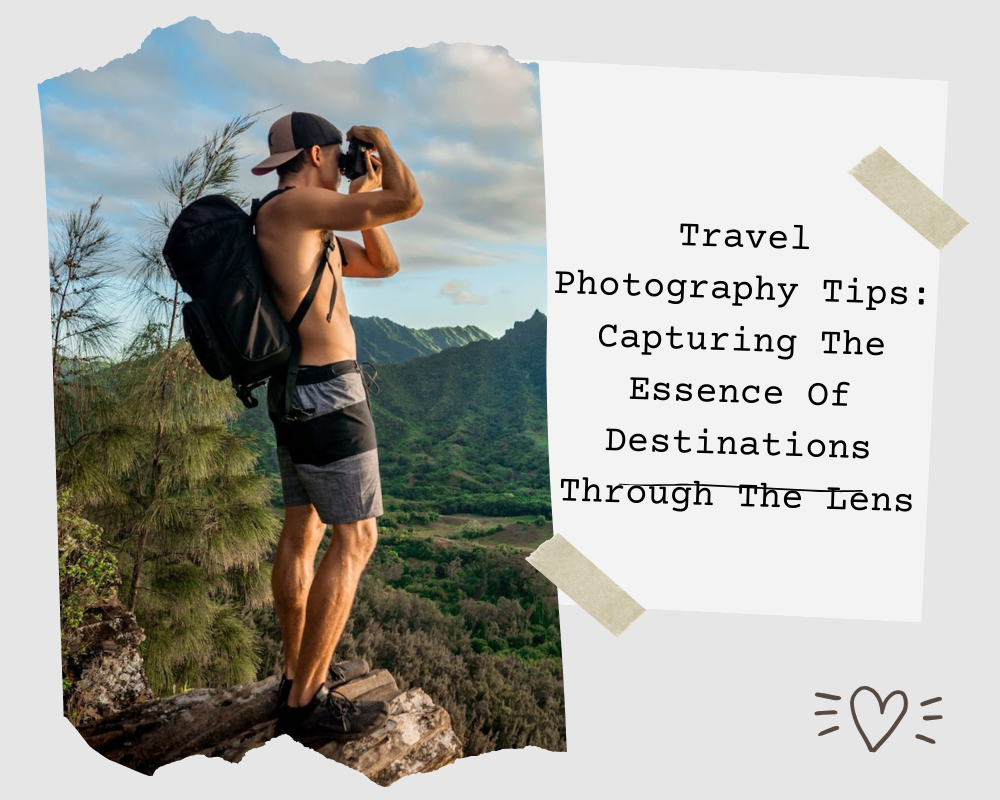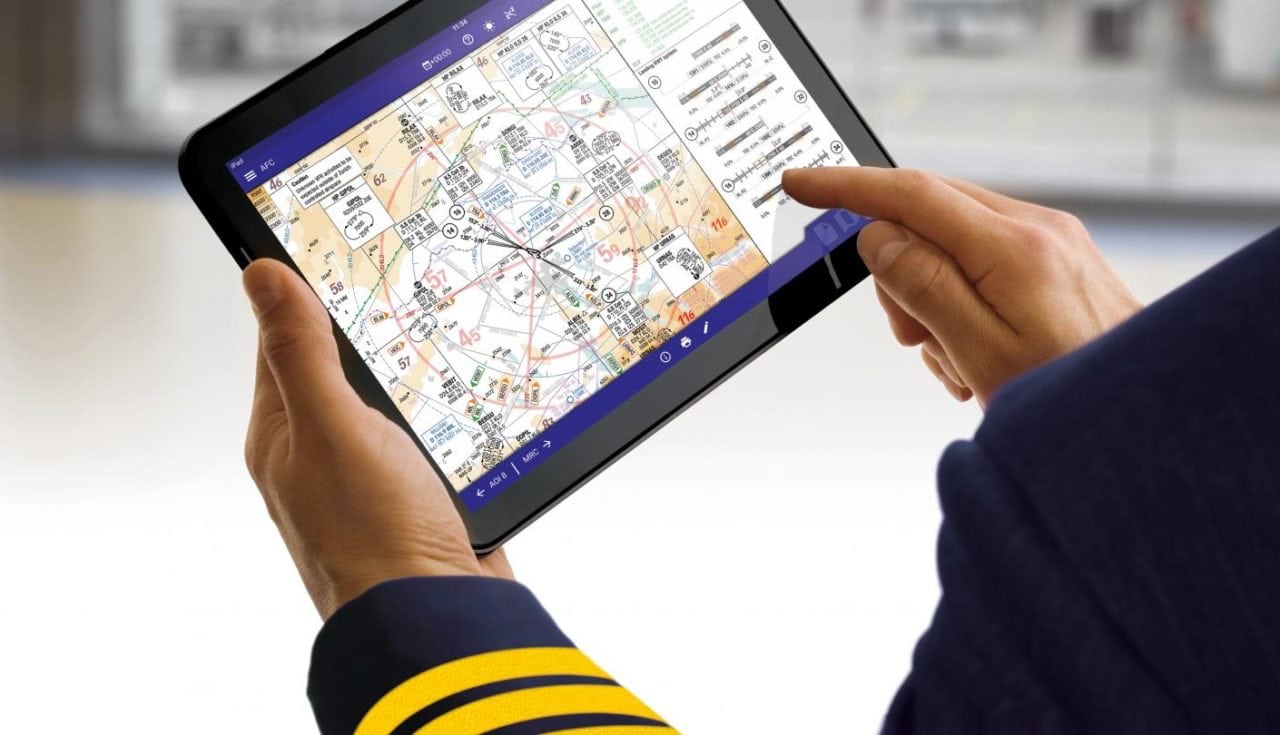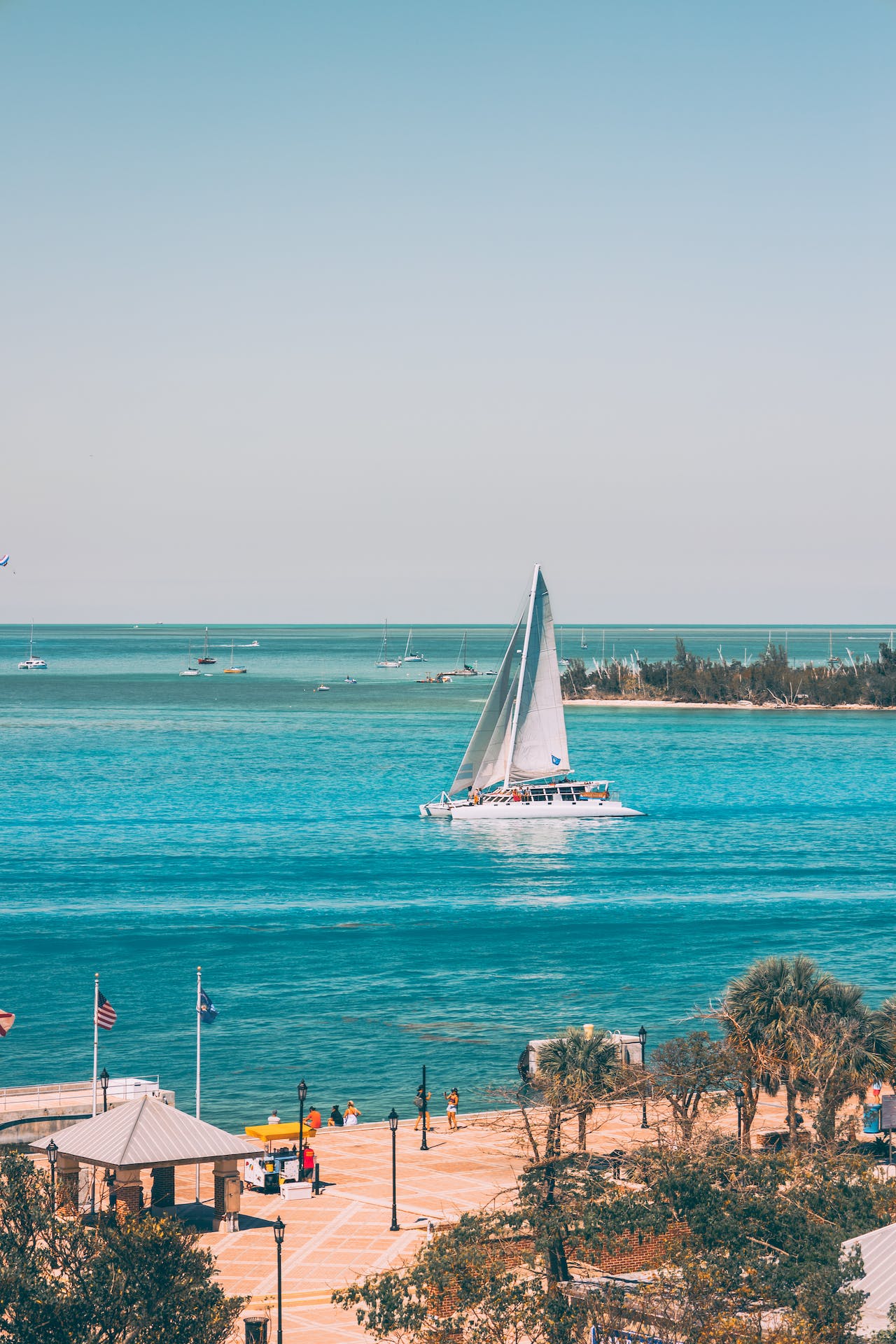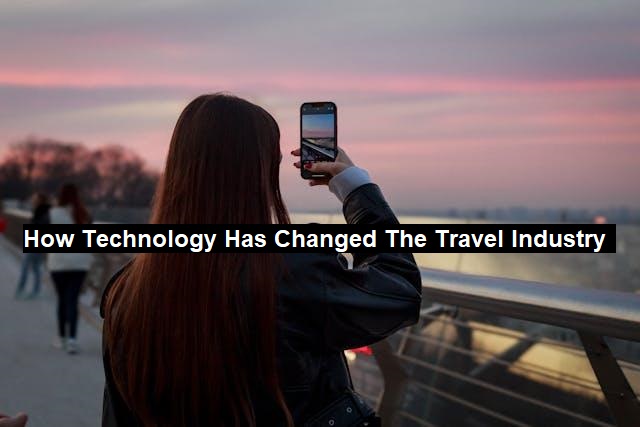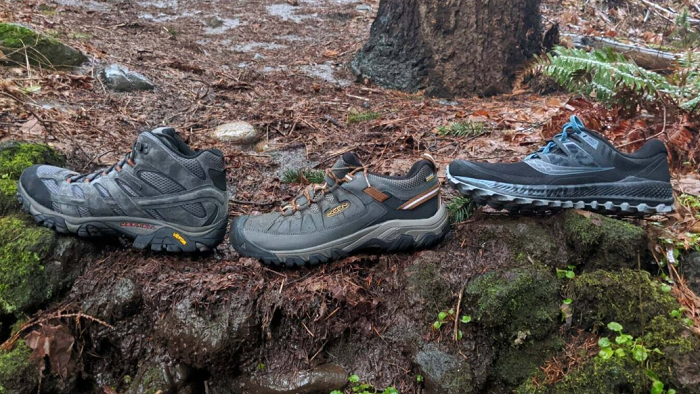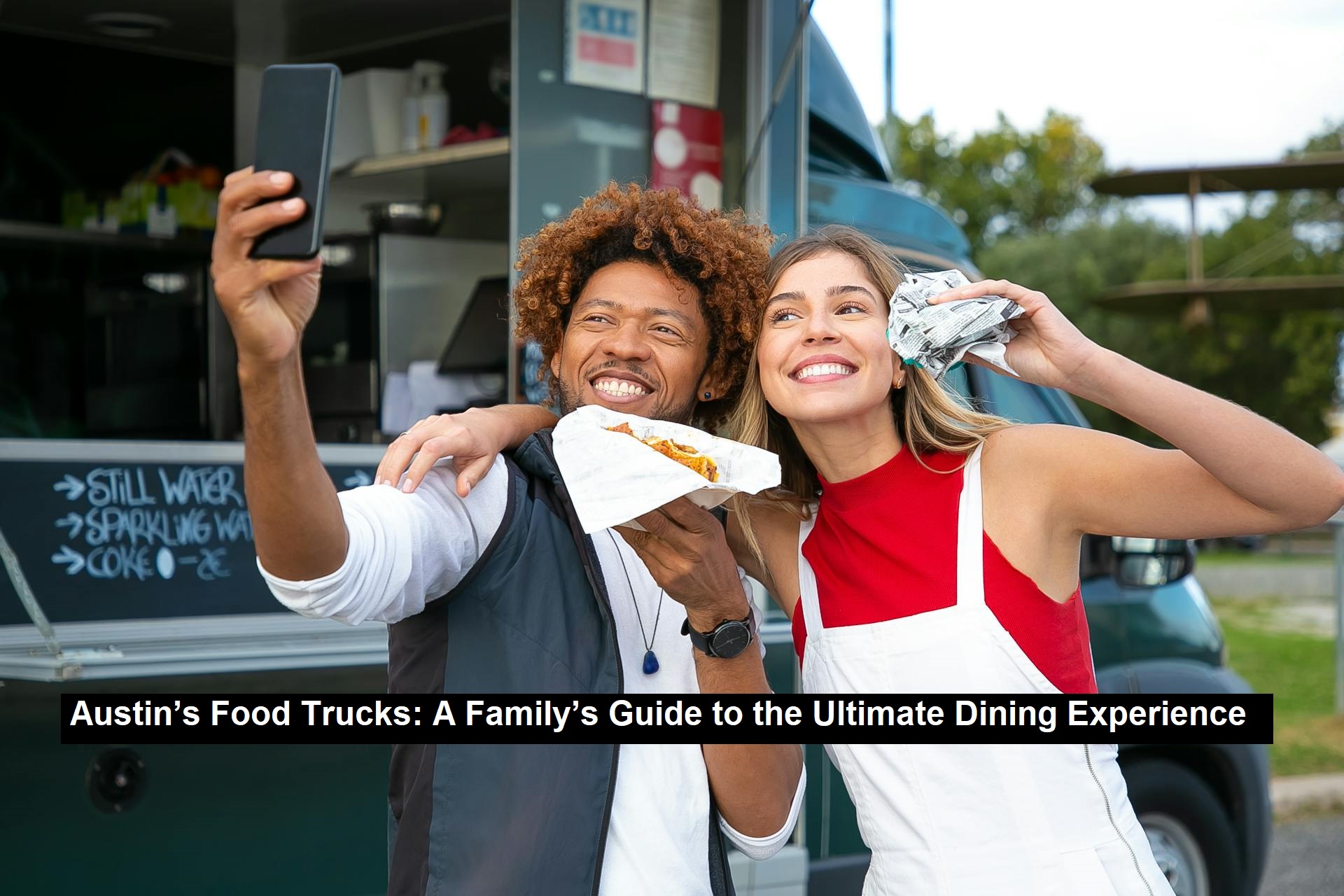In the year 2000, planning a holiday will probably have involved a visit to your local travel agent, or relying on word of mouth recommendations for your next faraway destination. Today, thanks to updates and breakthroughs in technology and high-speed internet, travellers can book their own flights, choose their dream accommodation and, rather than braving local restaurants, can now search for online reviews.
The advance in digitalisation has given us more choice than ever before, encouraging more people to travel the world. New companies, such as Airbnb and Expedia, encourage younger generations to explore new destinations in a budget-friendly manner. Technology has given us access to more information on our chosen destination and in this digital age, we’ve become an audience of DIY travellers who plan, book and manage their travel online, but what does this mean for the travel industry?
Travel Agents and Carriers
For many travel agents, the rise of the digital age has massively disrupted the industry. The traditional high-street travel agents, which once held a hugely dominant role, has now been revolutionised thanks to online travel agencies, with direct distribution through the websites of hotels and airlines.
Low-cost airlines and online travel agents are the clear winner of the digital travel revolution over the past 10 years and have changed the way that consumers plan and book their holidays. Many tour operators suffered with the rise of independent travel, so are now embracing online and mobile channels in order to stay relevant compared to their competitors.
Although the internet has forced many travel agents to cease business, others have had to adapt to fit into a quickly-changing marketplace in the form of online bookings. One of the biggest disruptions to happen to the travel industry has been the stratospheric rise of Airbnb, with around 9% of all travellers having previously rented a space in a private home or apartment.
The tech and digital revolution has had an impact on almost everything in the world and, in Airbnb’s case, this revolution has brought tradition back into the mainstream. The concept of staying in people’s homes when away travelling is something which dates back centuries, but what technology has enabled this to do is turn into an easily-accessible and fast-moving phenomenon.
Read: Wedding Packages in Bali: Tailored Options for Every Couple
Travel Brands and Small Businesses
Although there have been some disruptions across the industry, technology advancements have also presented small businesses a whole range of new opportunities. Worldwide travel consumers are now able to simply stumble across a last-minute B&B in Liverpool, or book a luxury holiday on a Kenyan Safari Park, all in a few clicks. Luxury travel brands and businesses have boomed, as they are now able to reach more customers and present themselves in a different way to what they would have if travel was still high-street focused.
Booking villas are now in the same remit as budget hotels, in the same area for the same price, meaning that people are now becoming more comfortable when it comes to considering luxury. Previously, luxury travel was something reserved for the rich and famous, but is now available to everyone.
For travel brands, this technology change has meant that they now have to be smarted and adapt quicker, as the expectations of consumers continue to rise. Airlines, for example, now allow passengers to check-in online, sending their boarding passes directly to their mobile and planes now come with the option of Wi-Fi on flights.
Digital technology has changed the way in which hotels connect with guests, creating a constantly accessible 24/7 relationship, both in and out of their stay. It has also meant that every phase of hospitality has transformed also, from the first search for a hotel, to checking in and unlocking your door. As travel is now mostly mobile, travellers are expecting to use their mobile devices in order to enhance their travel experiences, whether it be to order room service or search for nearby attractions.
Travel Gadgets and Devices
Over the past 10 years, travel devices, gizmos and gadgets have come a long way. More and more travel and tourism companies are investing in gimmicks and devices to entice and impress travellers.
Walt Disney offers their customisable and wearable MagicBands to all visitors and holidaymakers in their Florida parks, which provide travellers with fastpass access to rides, stores credit card information so that they don’t need to carry wallets and links to mobile devices in order to download ride and character photos taken around the parks. However, these devices also track and monitor guest’s location and activities and as they are connected to the park infrastructure, enable the parks to reduce waiting times and maintain crowd control for events.
Photography equipment has seen perhaps the biggest change and improvement. Now, state of the art photography drones are available in just a few clicks and GoPros have vastly improved in quality and design and are now more lightweight than ever. Underwater cameras, which are perfect for snorkelling trips, are widely available at a more affordable price for everyday travellers.
Apps such as Uber are also transforming the travel industry. No longer do travellers need to call an unknown taxi company for a lift whilst in an unfamiliar location. Instead, taxis are available at the push of the button, with real-time maps and location updates. Even UberEats, the Uber food delivery service, is becoming more widely available so that travellers don’t even need to leave the comfort of their hotel room if they don’t want to in order to enjoy local cuisines and restaurants. Plus, if you prefer to drive to your holiday destination, you can pay for secure parking all from the touch of an app. Parking in London has never been easier.



